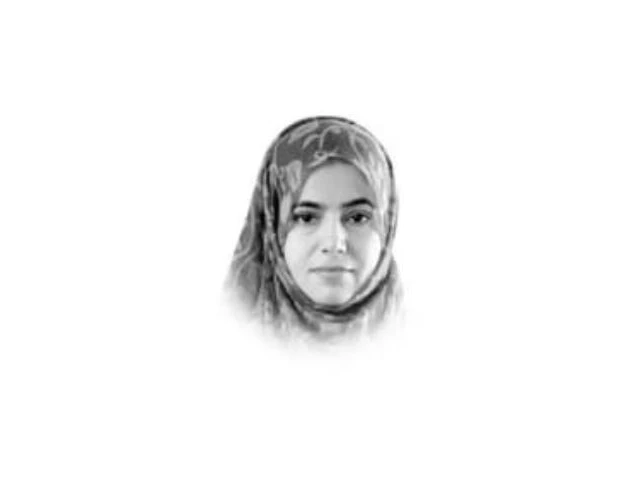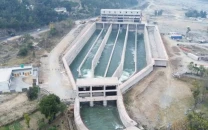From Benazir's vision to Aseefa's voice
Aseefa Bhutto Zardari's powerful speech revives her mother Benazir Bhutto’s legacy of women’s empowerment and equality

Great nations reach their zenith when they recognise women as invaluable assets, bestowing upon them the respect and dignity they deserve, free from discrimination.
I recently heard Aseefa Bhutto Zardari address the Global Women's Forum held in Dubai on 2627 November 2024. The daughter of the late Benazir Bhutto spoke passionately about women's empowerment, and her words left a strong impression on me.
"We are a strong and resilient force. There are two great powers in the world: one is the sword, and the other is the pen. There is a great deal of rivalry and competition between the two, but there is a third power greater than both, and that is our women. My message to young women is to believe in yourselves, remain steadfast in your values, and never underestimate the power of your voice," she said.
Listening to her, I was reminded of the indomitable spirit of her mother, Benazir Bhutto. She stood like an iron rod against adversity, defying traditions in a society where male dominance was the accepted norm. Her rise to power brought hope to millions of women in Pakistan, challenging rigid norms and inspiring them to aspire to leadership roles across various sectors.
As Pakistan's first female Prime Minister, Benazir not only shattered conservative traditions but also emerged as a powerful advocate for women's empowerment, pushing for policies and reforms to address systemic inequalities they faced.
I would like to take a moment to recall the efforts of the late Benazir Bhutto and how she recognised the vital role women play in society, within families, and in supporting the nation.
Benazir's leadership redefined the role of women in a society that often dismissed them as secondary. She believed that empowering women was the key to national progress, a vision she pursued through transformative initiatives. She saw the urgent need in the area of maternal health and launched the Lady Health Worker (LHW) programme in 1994.
This public health initiative remains impactful to this day. The programme trained thousands of women as community health workers, improving access to healthcare in rural areas while also providing women with employment opportunities and economic independence.
Benazir was a staunch advocate for female education and believed that education was the key to breaking gender discrimination. During her government, women's access to education was prioritised, with the establishment of girls' schools and increased funding for education. Her belief in the transformative power of education was captured in her statement, "Educate a woman, and you educate a family."
Benazir also worked tirelessly to address legal inequalities. She championed the reform of discriminatory laws that had long victimised women. Her tenure saw women appointed to unprecedented positions, including Pakistan's first female judges and ambassadors, inspiring countless women to pursue careers once deemed inaccessible.
Despite facing relentless resistance from conservative forces and political rivals, who weaponised gendered attacks against her, labelling her as Westernised or un-Islamic, Benazir remained steadfast. She was a resilient woman who championed justice and equality for all, including women.
Benazir Bhutto's assassination in 2007 was a great loss for Pakistan and the world. However, her legacy lives on through programmes like the LHW initiative, which continues to benefit millions of women.
Her vision for Pakistan was one where women could live with dignity, free from the constraints of oppression. As she once said, "As a woman, I felt my destiny lay in a land where there was a lack of justice and opportunity, a land where women were confined to the home, a land where the torch of education had yet to be lit."
Benazir's dream remains unfinished. Though Pakistan continues to face gender inequality, the foundations laid by her continue to inspire those advocating for justice and equality. Her daughter Aseefa's stirring words at the Global Women's Forum revive the spirit of her mother as a model of women's empowerment, proving that a more equitable future for women in Pakistan and beyond is achievable.













COMMENTS
Comments are moderated and generally will be posted if they are on-topic and not abusive.
For more information, please see our Comments FAQ